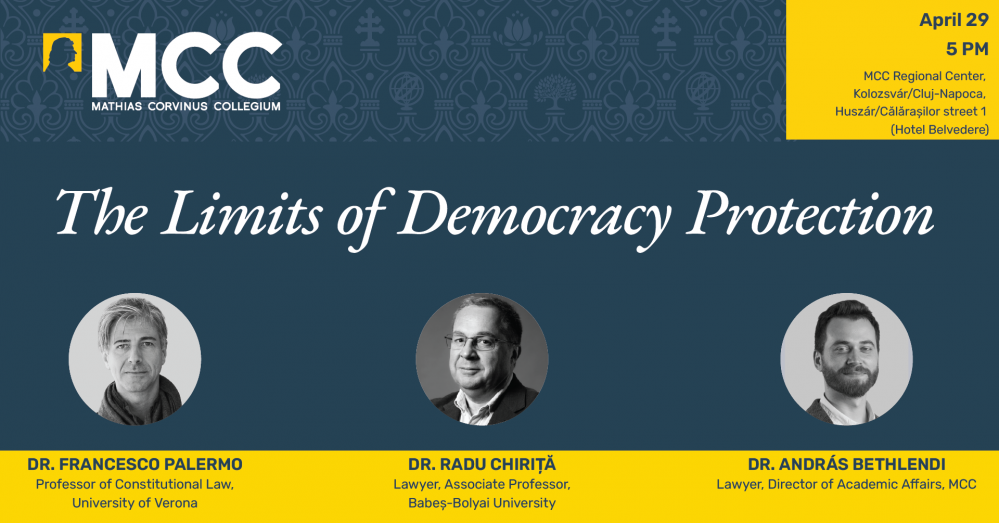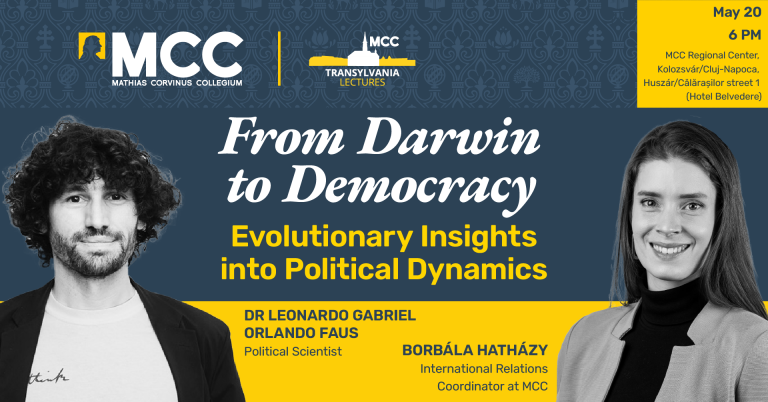Romania has gained international attention by annulling the first round of its presidential election and excluded several individuals from the electoral competition. JD Vance, the Vice President of the United States, emphasized in his critical address at the Munich Security Conference that annulling elections, excluding individuals from the electoral process, or shutting down media outlets in the name of defending democracy cannot uphold the shared democratic values of the US and Europe. This clearly demonstrates that safeguarding democracy is one of today’s most pressing legal, political, and philosophical challenges.
While modern democracies uphold human rights, economic prosperity, and political freedoms, they remain vulnerable to threats such as foreign interference that manipulates electoral outcomes, authoritarian movements seeking absolute power, majoritarian chauvinism undermining the fundamental rights of minorities, and international terrorism that dehumanizes civilians. In response, states impose measures like banning extremist parties, restricting hate speech, annulling election results, and deploying surveillance. However, if misused, these actions can undermine the very democratic values they aim to protect.
The discussion will explore this paradox, focusing on two key questions: How can democracy be protected without fostering authoritarianism? What clear criteria should define the legitimacy of such protective measures?
Participants:
- Dr. Francesco Palermo, professor for comparative constitutional law in the University of Verona and Director of the Institute for Comparative Federalism at Eurac Research in Bolzano/Bozen. He worked for the OSCE High Commissioner on National Minorities and was member and president of the Council of Europe’s Advisory Committee on the Framework Convention for the Protection of National Minorities. From 2013 to 2018, he served as a non-party member of the Italian Senate. He has been a member of the Group of Idependent Experts of the Council of Europe’s Congress of Local and Regional Authorities since 2011. He is a former president of the International Association of Centres for Federal Studies (IACFS), member of the Scientific Committee of the Fundamental Rights Agency of the EU and Constitutional Adviser to the Council of Europe’s Congress of Local and Regional Autonomies.
- Dr. Radu Chiriță lawyer and associate professor at the Faculty of Law of Babeș-Bolyai University, specializing in constitutional law and human rights. He holds a PhD in Law with a thesis on the right to a fair trial and has authored over 20 books and 50 articles, mainly on the European Convention on Human Rights. He has also contributed as a legal expert to the Oxford Reports on International Law in Domestic Courts and Romania’s Presidential Commission for the conviction of Communism.
- Moderator: Dr. András Bethlendi, jurist and university lecturer at Sapientia University in Kolozsvár/Cluj-Napoca. He is an expert in human rights and minority rights, president of the Advocacy Group for Freedom of Identity, and Academic Director at MCC.
We kindly ask you to inform us of your intention to attend by filling in the form below:
For more information follow our events on Facebook.


